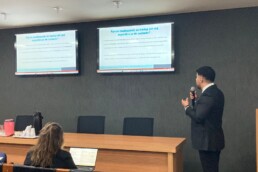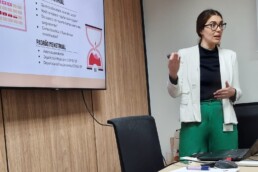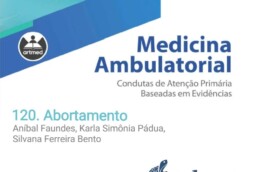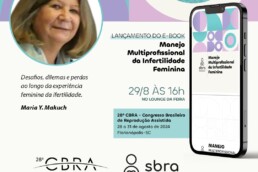
To better understand how Covid-19 infection during pregnancy can impact women and their newborns, the World Health Organization has developed a standardized investigational research protocol.
The protocol addresses key research questions, facilitating the collection and analysis of data and samples, allowing the comparison and unification of information from different locations, that is, different countries and centers can develop standardized studies with the same parameters, making them easily comparable. and generating much safer conclusions.
This protocol investigates the outcomes of pregnant or postpartum women who were exposed to the virus, and compares them with those who were not.
infected.
The aim is to determine whether infection with SARS-Cov-2 (Covid-19) during pregnancy increases the risk for problems in the woman or newborn. In addition, the study will be able to quantify the rate of vertical (from mother to unborn baby) and postnatal transmission.
It is expected that the findings of this study will be widely disseminated and used to inform the development of recommendations on the surveillance, management and counseling of women before, during and after pregnancy.
The implementation of this study protocol will help to shape public health policies and also future research protocols.
Since March 2020, in Brazil, Argentina and Chile, the adaptation and performance of this project has been carried out by REBRACO (Brazilian Network for the Study of Covid-19 in Obstetrics) and has several research centers in maternal and child health.









